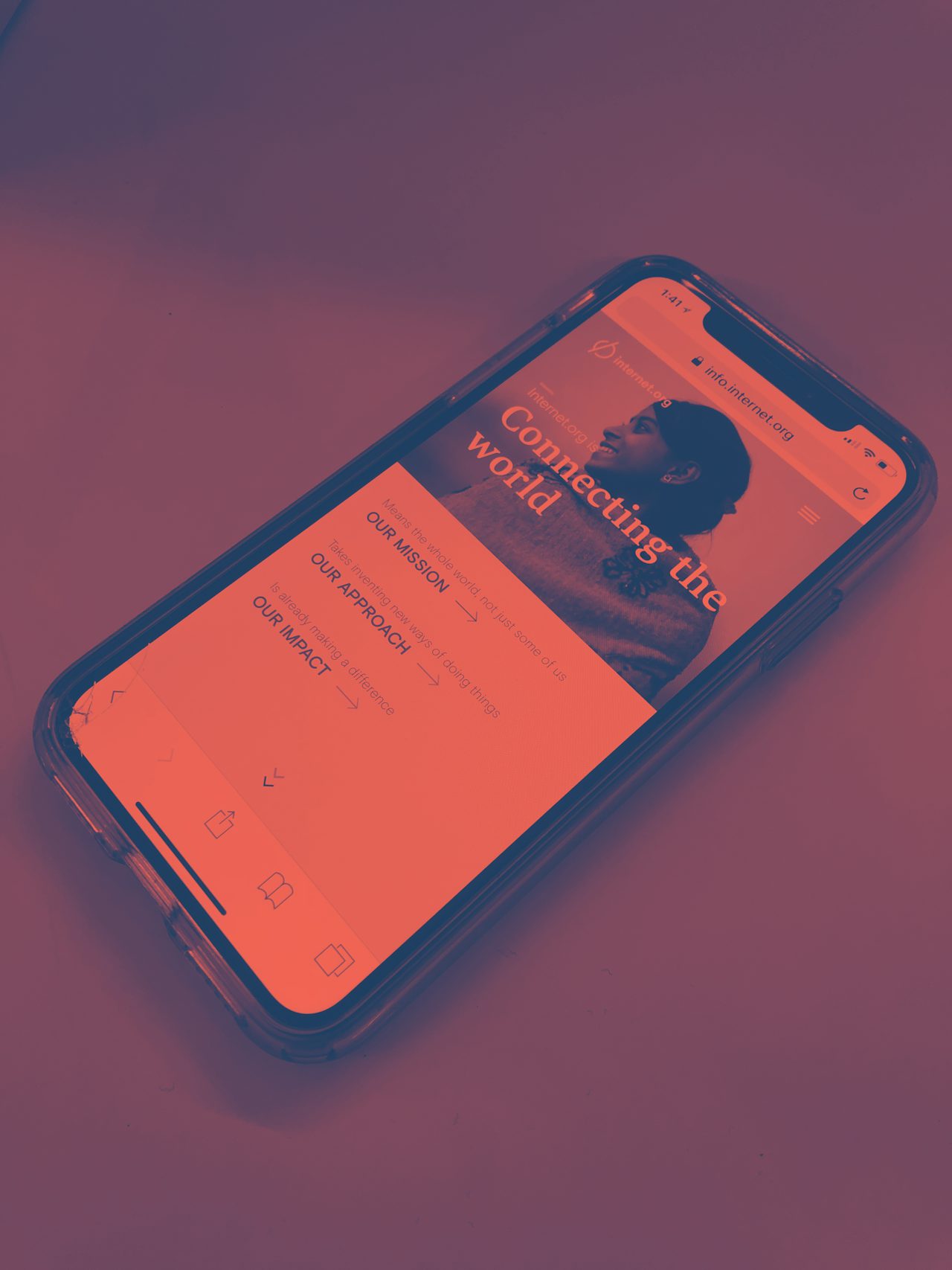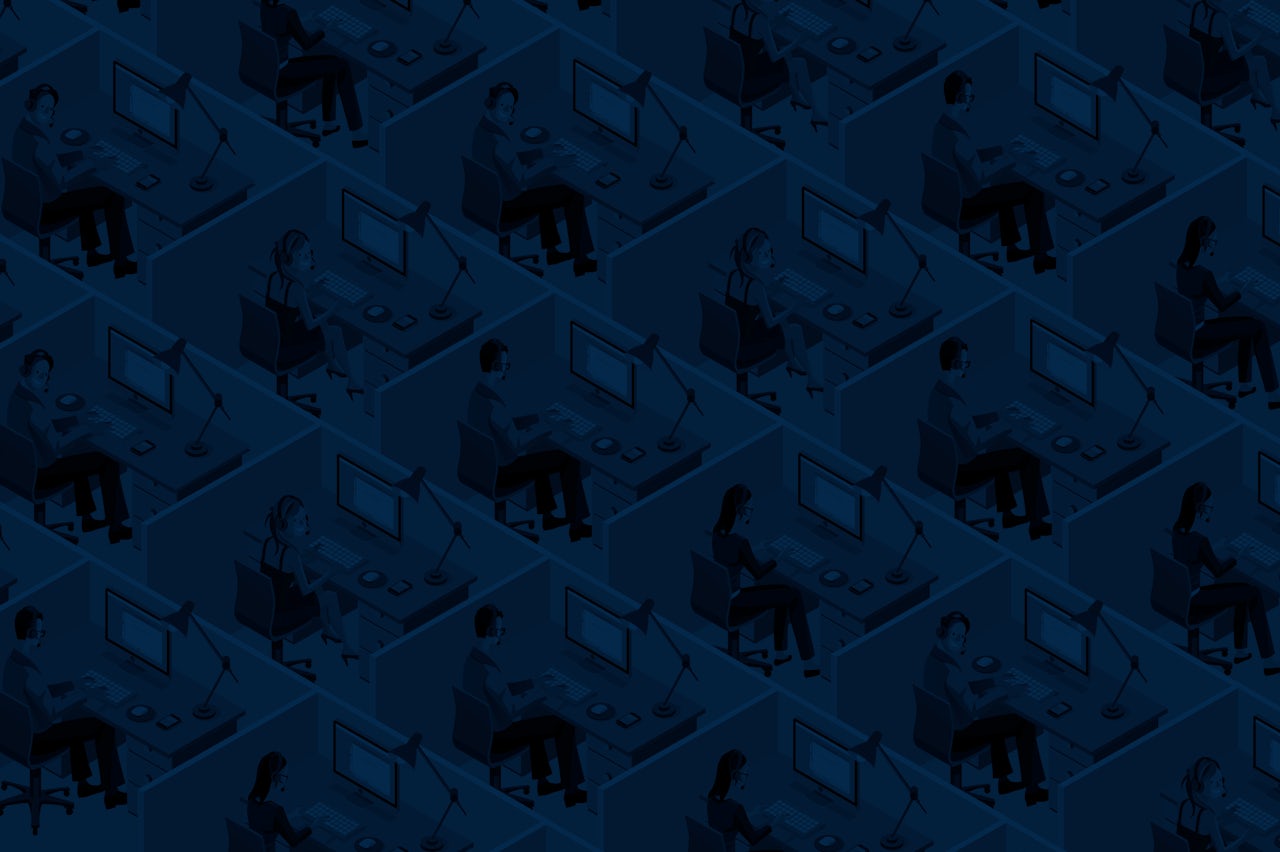Mark Zuckerberg’s grand vision to connect billions of underserved people to the internet is, by all appearances, chugging along smoothly. Facebook’s Internet.org initiative has helped connect almost 100 million users to the company's walled-garden internet without incurring data costs to those users, Zuckerberg revealed during the company's quarterly earnings call last week.
That’s impressive growth for the four-and-a-half-year old initiative, which offers users in 60 countries access to a handful of websites at no charge. As of late 2016, the initiative was serving 40 million users around the globe. But Zuckerberg may not have shared the complete story of Internet.org's recent journey.
A sizeable portion of the nearly 100 million users who have come online through Internet.org live in Myanmar, where Facebook partnered with local telco Myanma Posts and Telecommunications for the program in mid-2016. The social network went on to serve as an accelerant to violence and ethnic cleansing-related hate speech. Cost-free access to Facebook’s services has seen Facebook’s own user base in the country skyrocket from two million in 2014 to 30 million last year. (Users who sign up for Internet.org are required to sign up for Facebook first, and Free Basics works by not counting Facebook use against a limited data plan; therefore, if users do most browsing through Facebook, they can use the “internet” essentially for free.)
But by August, the Free Basics program, which is part of the Internet.org initiative, abruptly ended in the nation, users say; using Facebook was no longer free of cost on a data plan. “It all just stopped working one day,” May, a Yangon-based college professor told The Outline. Facebook’s free internet service, she said, was immensely popular in her city.
Myanmar is not the only place where Free Basics has quietly ended. The program has been abruptly called off in more than half a dozen nations and territories in the recent months, according to an analysis by The Outline. People in Bolivia, Papua New Guinea, Trinidad and Tobago, Republic of Congo, Anguilla, El Salvador, and Saint Lucia have also lost access to Facebook’s free internet program. Additionally, Facebook was testing Free Basics service in Zimbabwe in mid-2016 in partnership with local telecom operator Telecel. The test program has yet to materialize into a wider roll-out.
Neither Facebook nor the telecom operators it has partnered with for the program have made any announcements about the change. A Facebook spokesperson declined to talk about the regions where Free Basics has been discontinued, but said the company has launched or expanded the program in Cameroon, Colombia, Peru, Sudan, Cote d’Ivoire, and Indonesia in the recent months. “We remain committed to bringing more people around the world online by breaking down barriers to connectivity,” the spokesperson said.
Digicel, the telecom partner that works with Facebook for its Free Basics program in several markets, confirmed that all of the aforementioned nations and territories can no longer use Free Basics services. The telecom operator discontinued the program recently due to “commercial reasons,” a spokeswoman added, declining to elaborate.
In coming months, an additional dozen Latin American markets will be losing access to Free Basics, a person familiar with the matter said. “It’s only a matter of time,” the source told The Outline. Facebook has reportedly shouldered the costs of the data usage for Free Basics in several regions in the past, as reported by BuzzFeed News in 2016. Facebook disputes the report, saying it does not shoulder the cost of the data usage for Free Basics.
The most concerning issue with Internet.org has been its unpreparedness to serve and protect the people it is helping come online for the first time. Nikhil Pahwa, a New Delhi-based activist who revolted against the Free Basics program in India, says part of the problem with Internet.org is that it is increasingly becoming a substitute for internet for people in countries such as Myanmar.
“Effectively, Facebook’s Free Basics is shaping the internet experience of users — i.e., the services they can access, the services they cannot access,” Pahwa told The Outline, adding that this creates a filter bubble for users that influences their worldview. “You can see problems crop up in nations where Free Basics is operational and Facebook is dominant.���
Various organizations have lambasted Facebook for playing a role in spreading hate speech in Myanmar. “[Social media] has... substantively contributed to the level of acrimony and dissension and conflict, if you will, within the public. Hate speech is certainly of course a part of that. As far as the Myanmar situation is concerned, social media is Facebook, and Facebook is social media,” Marzuki Darusman, chairman of the U.N. Independent International Fact-Finding Mission on Myanmar, said in March.
Patrick Leahy, senior United States Senator from Vermont, pressed Zuckerberg on the issue during the Facebook chief's hearing before the Senate's Commerce and Judiciary committees last month. “[...] U.N. investigators have blamed you — blamed Facebook for playing a role in the genocide. We all agree it’s terrible. How can you dedicate, and will you dedicate, resources to make sure such hate speech is taken down within 24 hours?” the senator asked.
In response, Zuckerberg said Facebook was ramping up its content review team with more Burmese-language experts. “Hate speech is very language-specific, and we need to ramp up our effort there dramatically.”
Some believe there is a simpler solution to solve this problem. “Perhaps Facebook should consider not aggressively getting more people online through its free internet program, and on its platform, until it has fully realized the scope of various ways it impacts a society, and often the whole nation,” May said.
Once a favorite topic of public conversations for several top Facebook executives, Internet.org has grown to attract fierce criticism in the recent years. In early 2016, the Indian government banned Free Basics in the nation, citing a violation of net neutrality. It was a major setback for Facebook, which was counting on India for its next one billion users. (Even as India is already the second largest internet market, with more than 400 million estimated internet users, much of the nation is yet to come online.)
After the debacle in India, Facebook has largely avoided talking about Free Basics, and quietly stopped updating social media pages for Free Basics and Internet.org. The official website of Internet.org has not shared an update on any programs in roughly a year.
Internet.org received criticism for inadequately addressing local needs in developing markets. Citizen media and activist group Global Voices reported [PDF] last year that Free Basics was often only available in two or fewer local languages in several markets.
On Internet.org’s website, the company has documented several testimonies from people whose lives have been enriched thanks to Facebook’s walled-garden internet. In an op-ed in late 2015, as Facebook was facing heat from activists in India, Zuckerberg made a case for the existence and expansion of Free Basics.
We will be seeing more of that in the coming months. During Zuckerberg’s hearing with the Senate's Commerce and Judiciary committees, Senator Shelley Moore Capito of West Virginia asked the Facebook chief if he could consider bringing “some fiber [to West Virginia] because we don't have connectivity in our rural areas.”
To which Zuckerberg said, “we do have a group at Facebook that is working on trying to spread internet connectivity in rural areas, and we would be happy to follow up with you on that as well.” He added, “That’s something that I’m very passionate about.”
Update 5/4/2018 11:33 AM: Facebook has issued the following statement to The Outline:
"We're encouraged by the adoption of Free Basics. It is now available in more than 50 countries and municipalities with 81 mobile operator partners around the world. Today, more than 1,500 services are available on Free Basics worldwide, provided to people in partnership with mobile operators.
Free Basics remains live with the vast majority of participating operators who have opted to continue offering the service. We remain committed to bringing more people around the world online by breaking down barriers to connectivity.”


